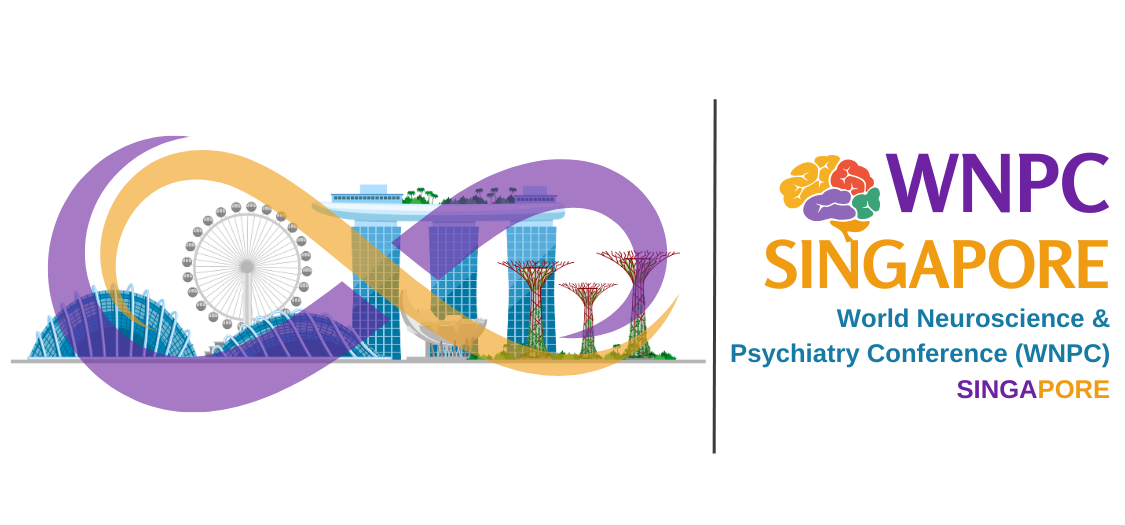Naili Sofi Riasari1, Tugasworo D.2, Husni Amin3
1 Neurology Resident, Faculty of Medicine, Diponegoro University, Indonesia2 Senior Lecture Staff of Neurology, Faculty of Medicine, Diponegoro University, Indonesia
3 Senior Lecture Staff of Neurology, Faculty of Medicine, Diponegoro University, Indonesia
Background: MMP-9 (Matrix Metalloproteinase-9) is a proteolytic enzyme that plays a role in stroke pathological process, because of its ability to degrade the epithelial basal membrane. Its secretion increases rapidly after ischemic stroke onset. It gives a promising biomarker of stroke prognosis.[1,2] Increased MMP-9 secretion raised hypothesis MMP-9 gene plays a role in the incidence of stroke susceptibility and its pathological process.[3] The NIHSS (National Instititute of Health Stroke Scale) is clinical scale that provides information for predicting clinical outcomes of post-stroke patients.[4] The aim of this study is to determine the role of MMP-9 rs3918242 genetic variant on the relationship between MMP-9 serum levels and changes in NIHSS scores in acute ischemic stroke.
Methode: Prospective cohort study, at RSUP. Dr. Kariadi Semarang during October 2018 – January 2019. Subjects meet the inclusion and exclusion criteria were taken for 8 cc venous blood samples onset 24-48 hours to examined for MMP-9 serum levels and MMP-9 genes; measured NIHSS scores on the 2nd, 7th and 14th day of stroke onset.
Results: There were 51 subjects with a mean serum MMP-9 level of 1.223.24 ng / ml (normal 169-705 ng / ml). Elevated serum MMP-9 levels were associated with worsening clinical outcomes on 7th day onset (OR 7.728, 95% CI, 1,827 – 32,683) and 14th day of onset (OR 10,031, 95% CI, 1,321 – 76,149). Subjects with CC genotype had improved clinical outcomes on day 14 of onset (OR 11,950, 95% CI, 2,286 – 62,480). ROC curve analysis obtained serum MMP-9 levels onset 24-48 hours with a cutoff point of 899.5 ng / ml. Serum MMP-9 levels above 899.5 ng / ml are predictors of worsening clinical outcome in acute ischemic stroke patients.








